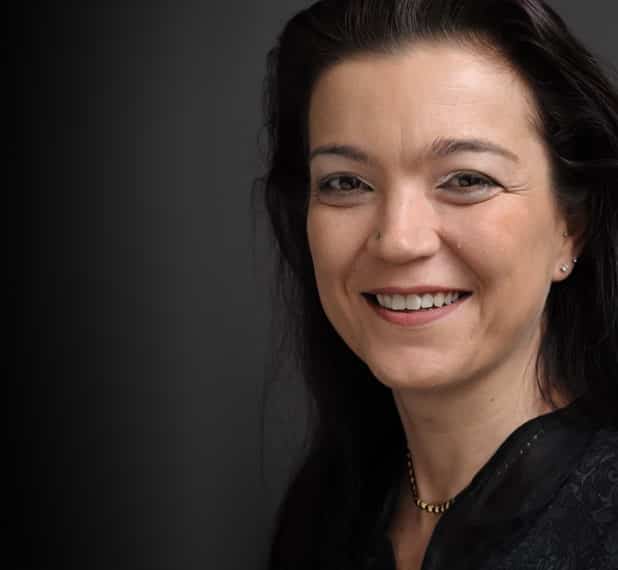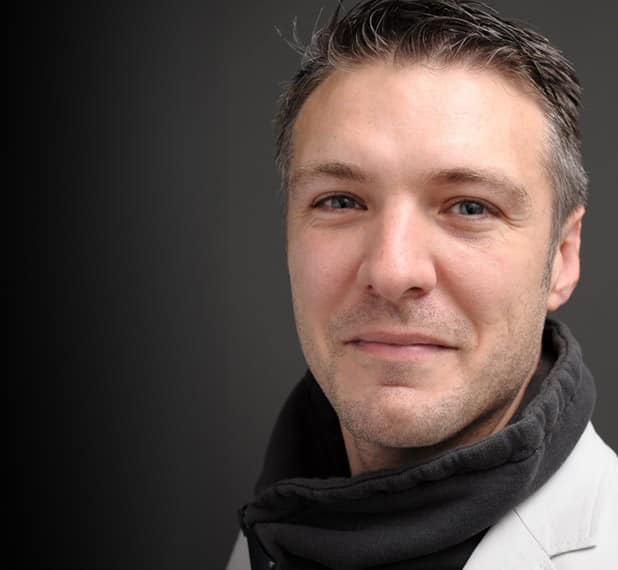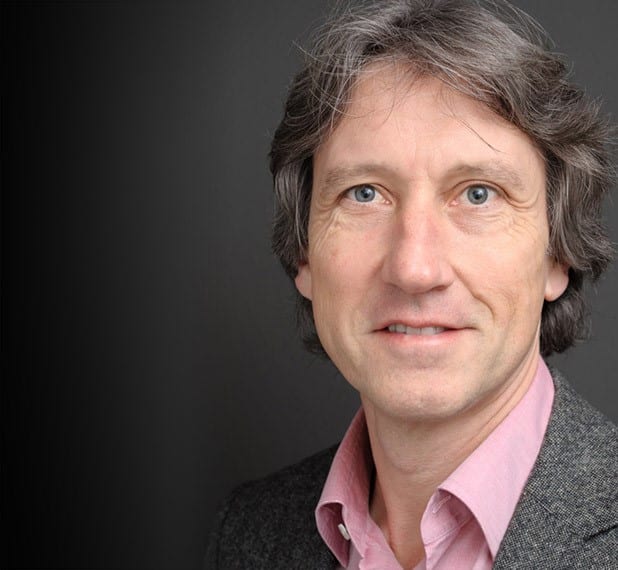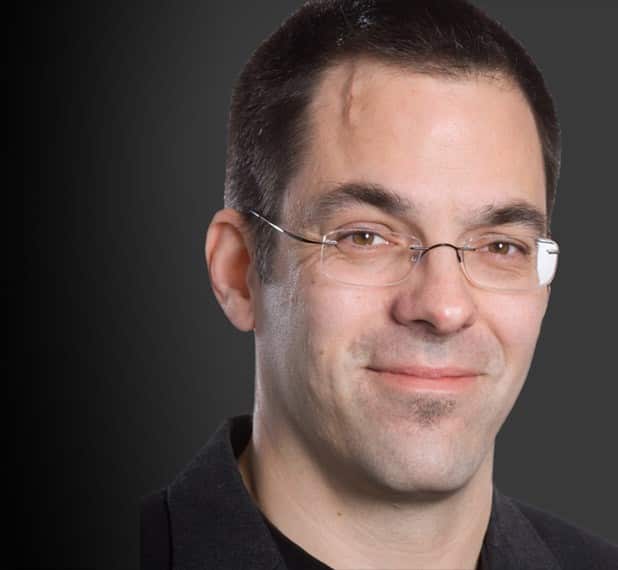The MSc at JGU is a two-year international graduate degree, completely taught in English. The first two semesters focus on deepening your knowledge of theoretical and experimental physics gained in the BSc. The third and fourth semesters stress practical research experience and methods training for writing your final thesis.
The German constitution grants free education as a basic right. Hence, except for a small semester fee, around 320 EUR per semester, that includes a regional transportation ticket, there are no tuition fees. The living expenses in Germany, as well as housing in Mainz, are fairly reasonable compared to other European destinations.
Shared housing in the center city is available starting at 300 EUR per month, special student housing in apartments or dorms is also offered by JGU. Food, incl. fresh fruit and vegetables, is about 30% less costly on average than in France, the U.K. or the U.S.
The MSc is completely taught in English. With around 33,000 students from 120 nations, JGU has one of the largest and most international student populations in Germany. Most of the 250 courses of study at JGU are offered on the central campus in Mainz with a vibrant student life.
JGU is known among students and international visitors for its open-minded and friendly atmosphere. A broad range of on- and off-campus social activities are offered by student groups that help you integrate quickly.
JGU was awarded two institutions of excellence in the field of physics in the Federal Excellence Initiative, namely the PRISMA Cluster of Excellence and the Graduate School of Excellence MAINZ. Besides there a various collaborative research centers, two Max Planck Institutes and other research institutions at JGU. In total, the faculty in physics amounts to around 70 professors and some 300 academic staff members.
Students have the opportunity to take part in large-scale experiments at the MAMI and TRIGA or at other on-campus research partners, including the HIM and the MPI. Other opportunities to be part of global experiments are at the LHC/CERN (Geneva, Switzerland), GSI (Darmstadt, Germany), and Fermilab (Batavia, U.S.).
As a MSc student, you become a full member of the research community and can foster your knowledge and skills in theory and in practice, including extra-curricular training opportunities in IT, soft skills, and presentation techniques. As an aspiring scientist, you mentor younger students and gain early publishing experience by collaborating in joint publication projects.
If you are interested in starting a career in industry, the strategic location of JGU in one of the strongest industrial hubs in Germany with multiple technological, chemical, and pharmaceutical companies in the immediate surroundings, ensures you optimal networking and internship opportunities.
Mainz is located in the heart of the state of Rhineland-Palatinate which is known for its good wine and beautiful Rhine Valley landscape. The city offers something for every taste, including a wide range of restaurant options, shopping facilities, and recreational activities.
Other attractive destinations in Germany can be reached within a short train or car ride, including Frankfurt (30 min.), Heidelberg (1.5 hrs), Munich and Berlin (around 4 hrs).
"Advanced physics studies allow you to follow your curiosity to explain the basic laws of nature."
"Concettina Sfienti on building bridges for young researchers at the new Master Academy and passing on the love of science"
"A Master’s is essential for a career in research and industry."
"As a Master’s ‘student’ at JGU, you are already treated as a researcher."
"Physics is a future-oriented field because it drives technological advancement"




